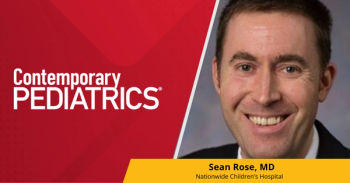
Heart screening of all children may identify serious cardiac conditions
Low-cost focused cardiac screening that incorporates an electrocardiogram can be highly effective at diagnosing cardiac conditions in children.
Low-cost focused cardiac screening that incorporates an electrocardiogram (ECG) can be highly effective at diagnosing cardiac conditions in children, especially in nonathletes who probably would not undergo cardiac screening, according to researchers at Children's Hospital of Philadelphia.
Such screening was able to identify previously undiagnosed cardiac abnormalities in about 6% of those screened.
Four hundred healthy 5- to 19-year-olds were included in a pilot study to test the feasibility of such screening. They were given a personal medical and family history questionnaire; weight, height, and blood pressure measurements; a cardiac examination; ECG; and an echocardiogram.
Ten potentially serious conditions were uncovered, 7 by ECG (confirmed by echocardiography) and 2 by echocardiography on its own.
The ECG alone had the best sensitivity to identify true serious cardiac abnormalities and was more specific than the history and physical examination.
There were 23 (7.8%) false positives on ECG, a rate lower than those observed in other studies. Most of the children with false positive ECG results received a true negative diagnosis within a few days or weeks.
Vetter VL, Dugan N, Guo R, et al. A pilot study of the feasibility of heart screening for sudden cardiac arrest in healthy children. Am Heart J. 2011. Epub ahead of print.
Newsletter
Access practical, evidence-based guidance to support better care for our youngest patients. Join our email list for the latest clinical updates.






